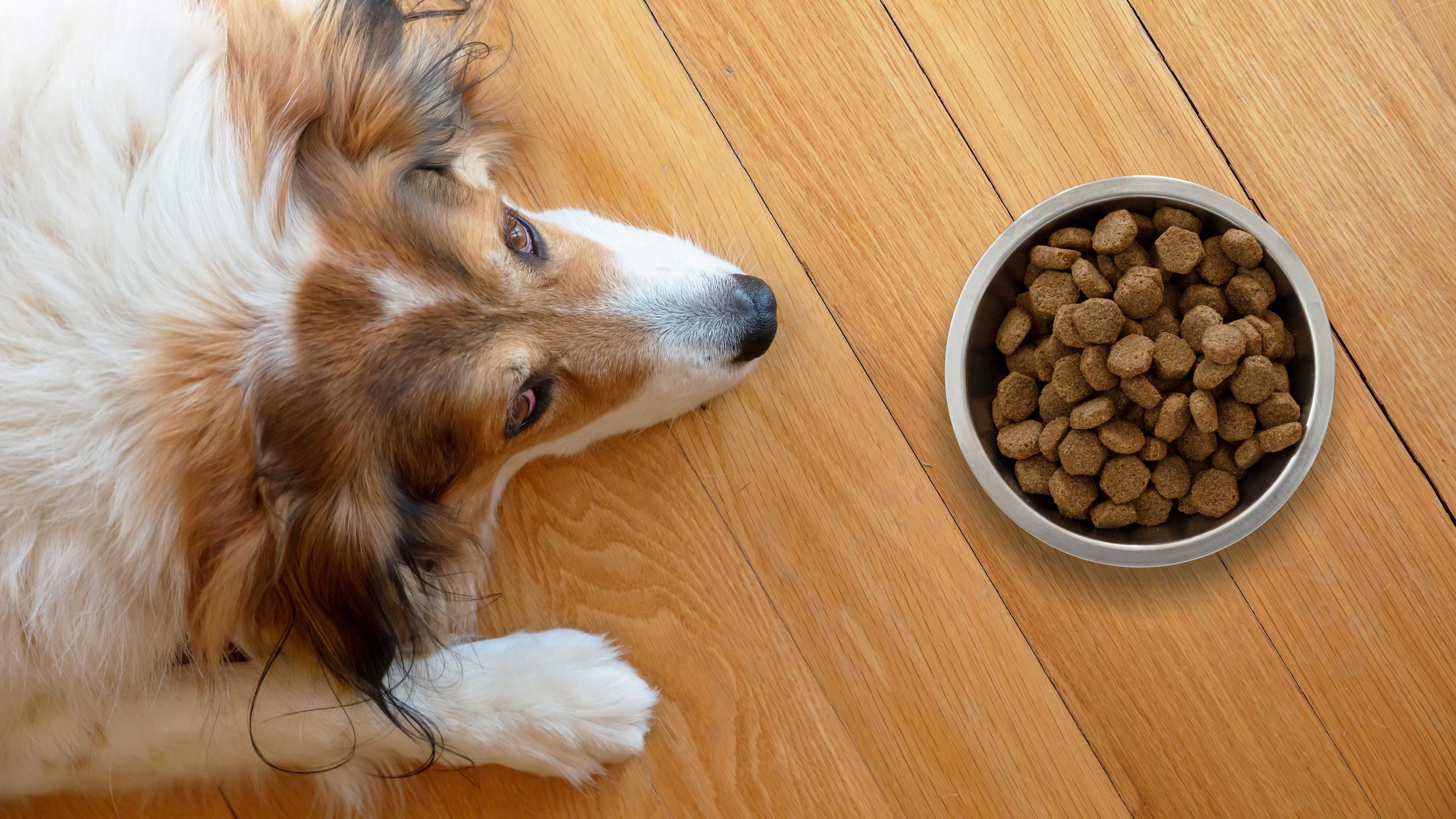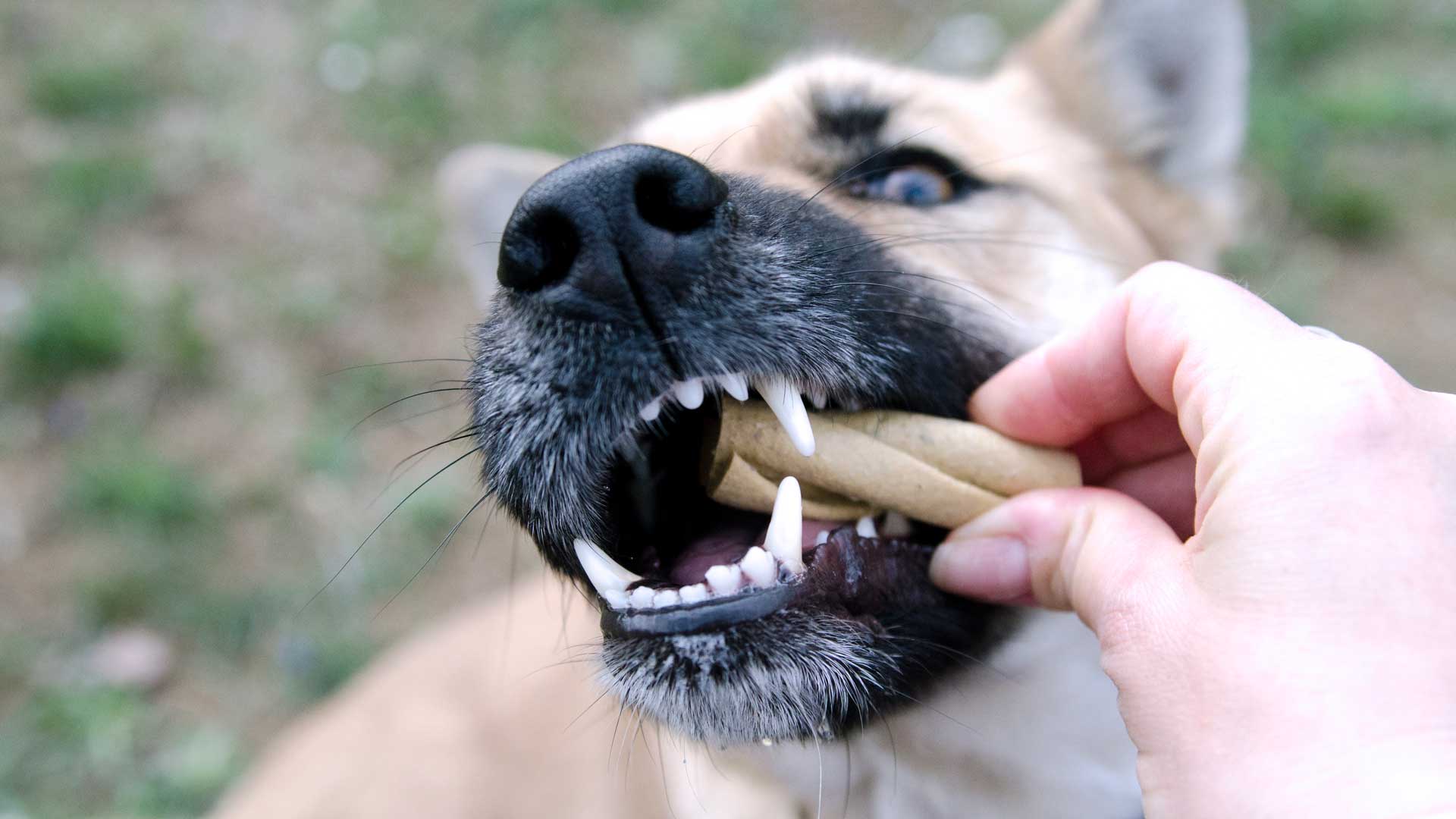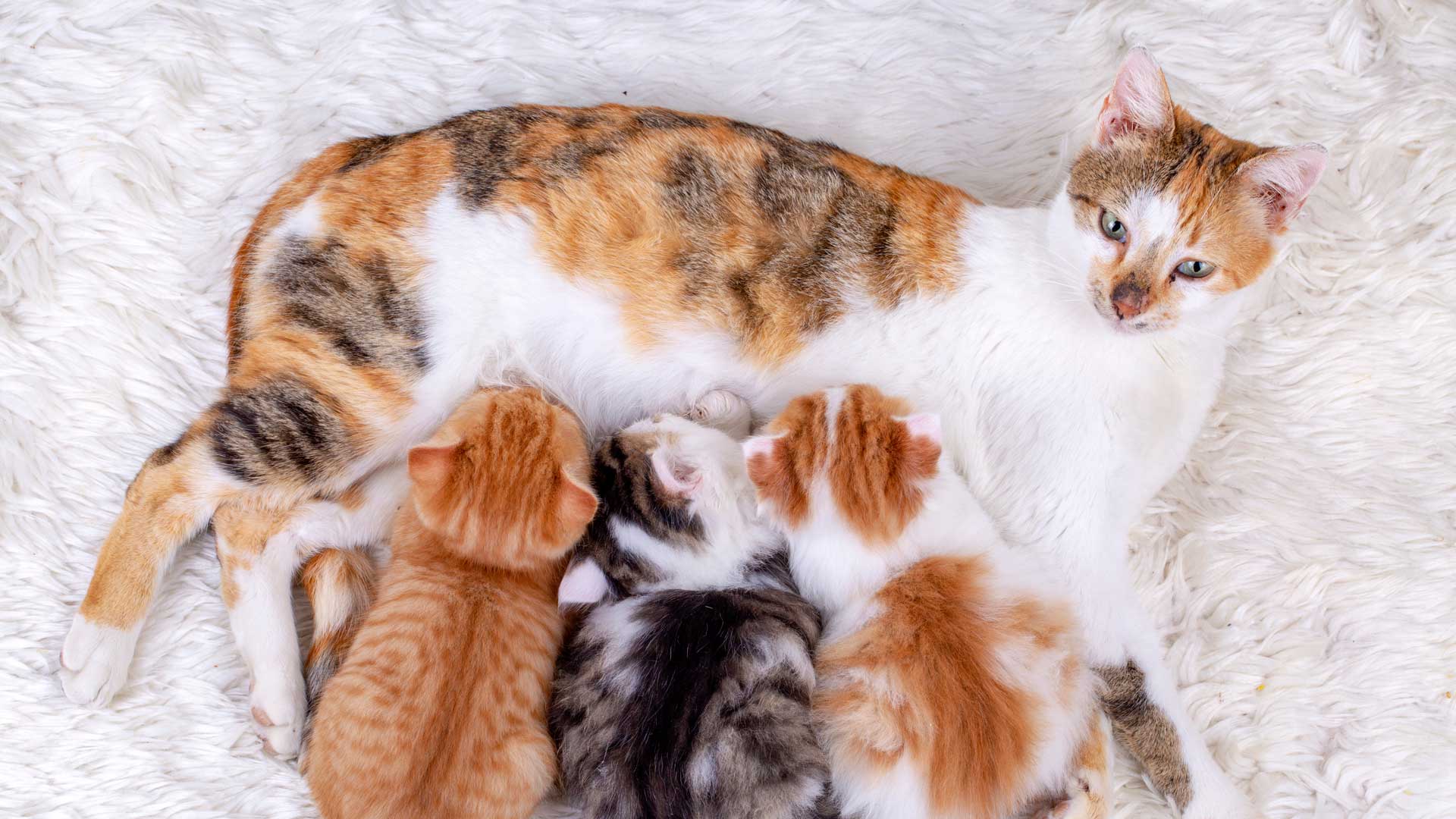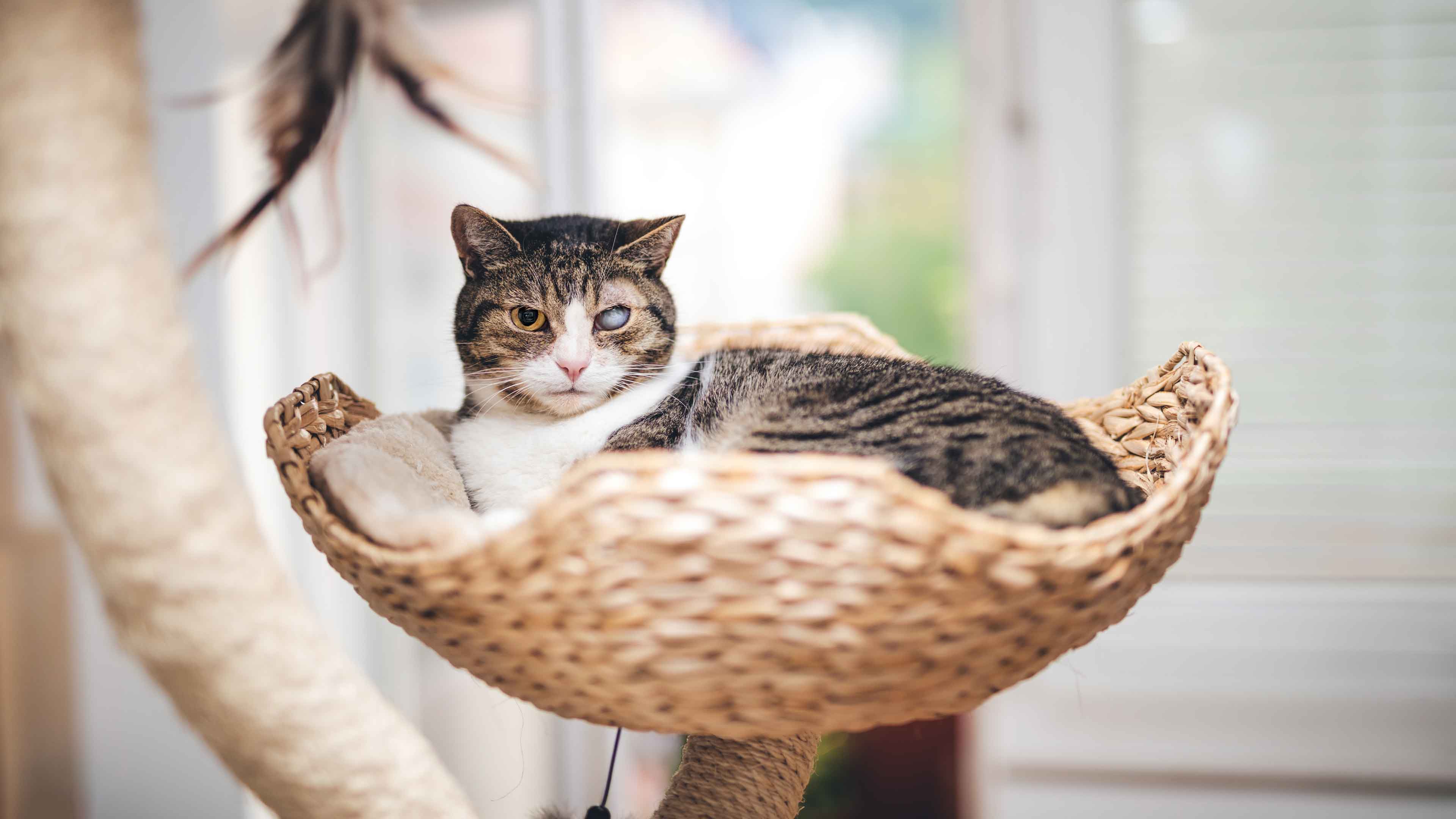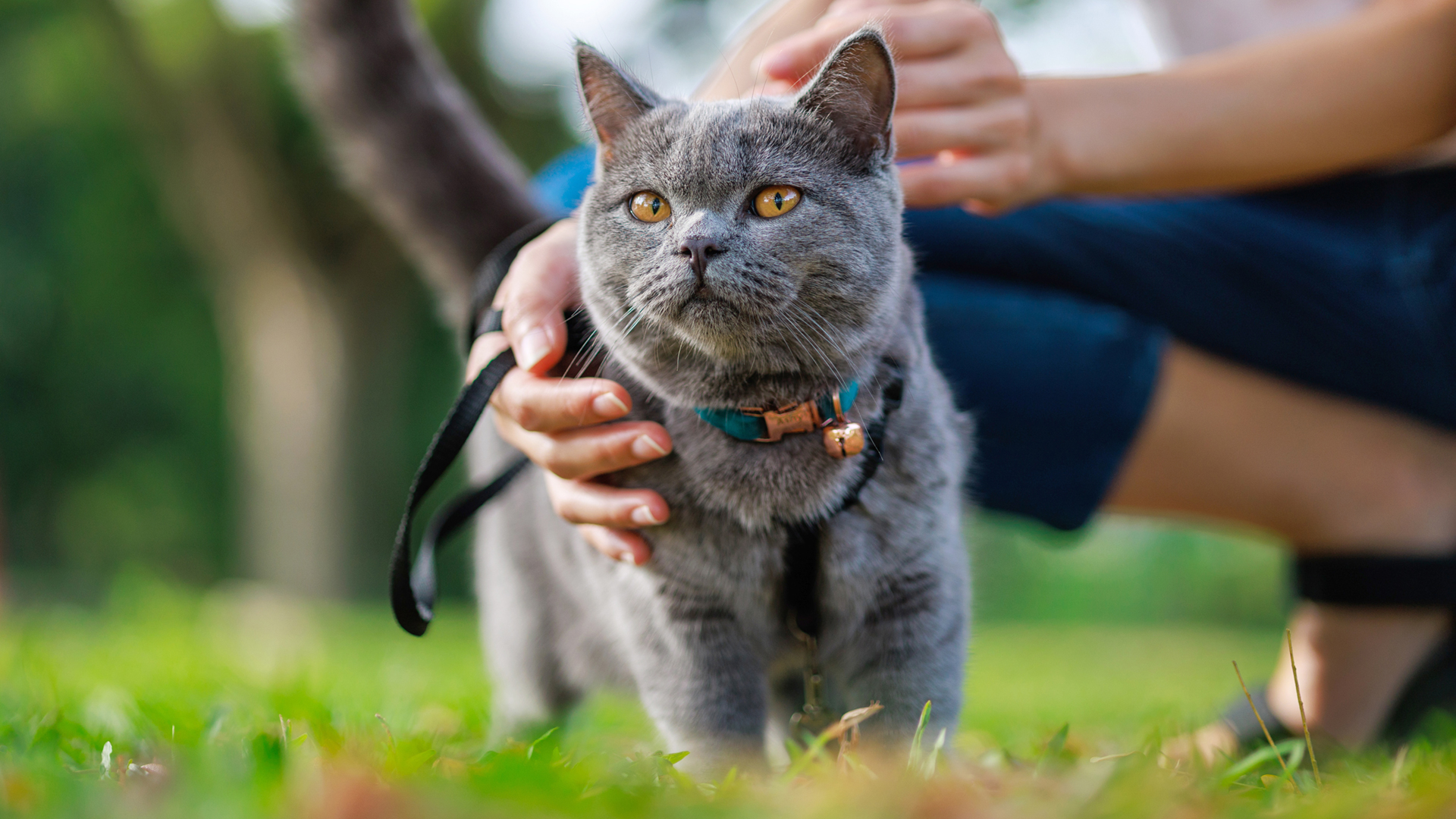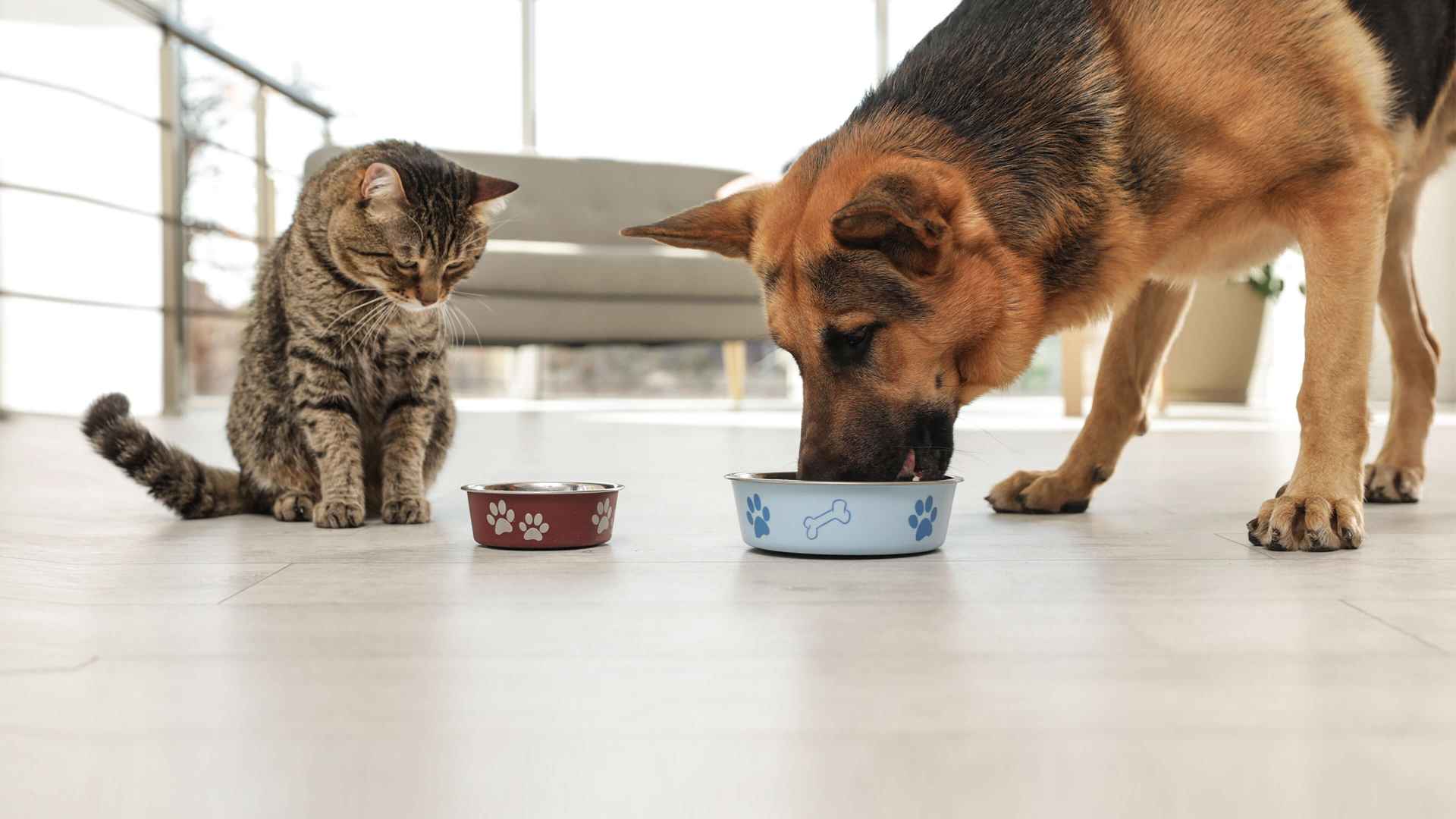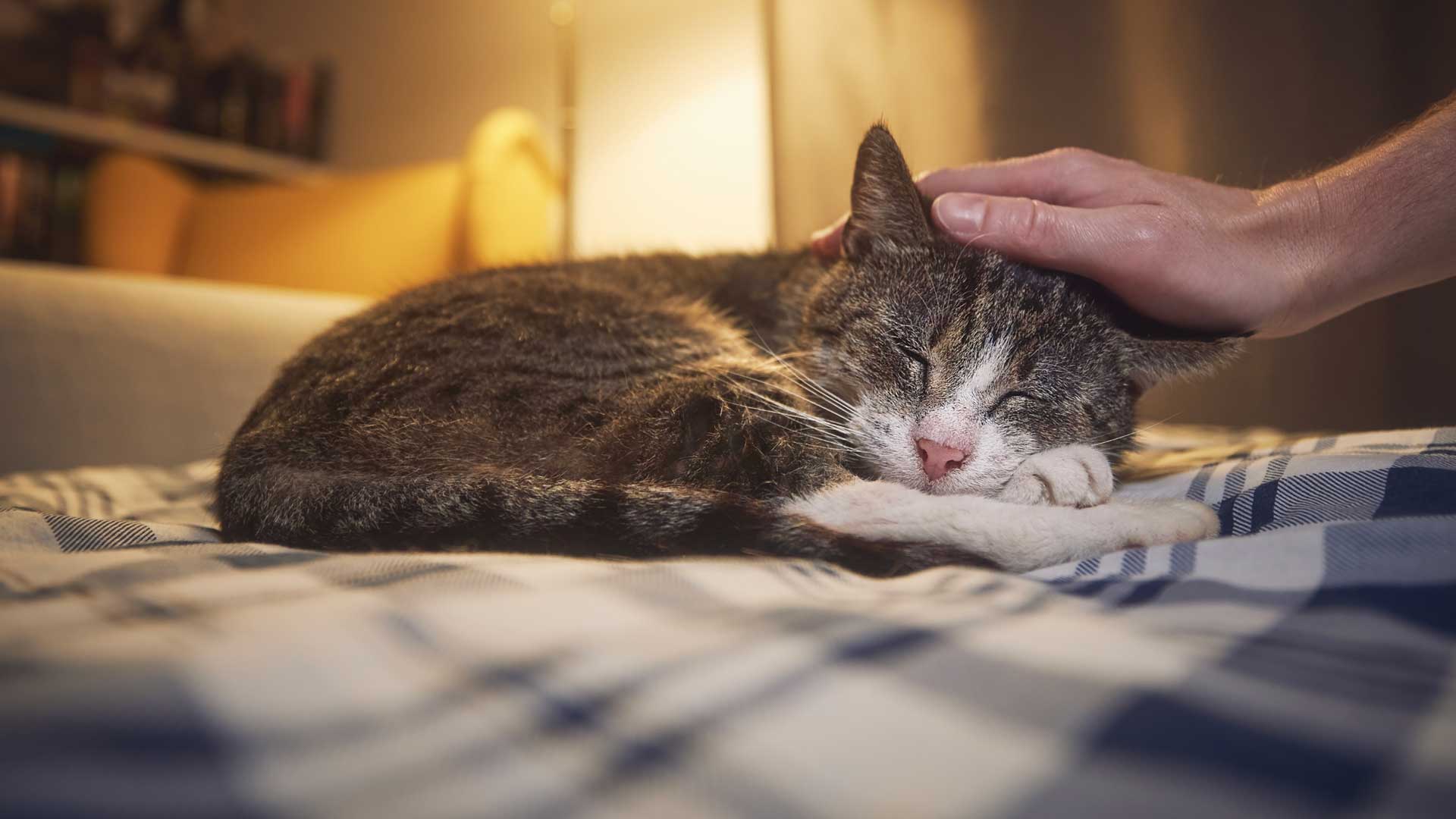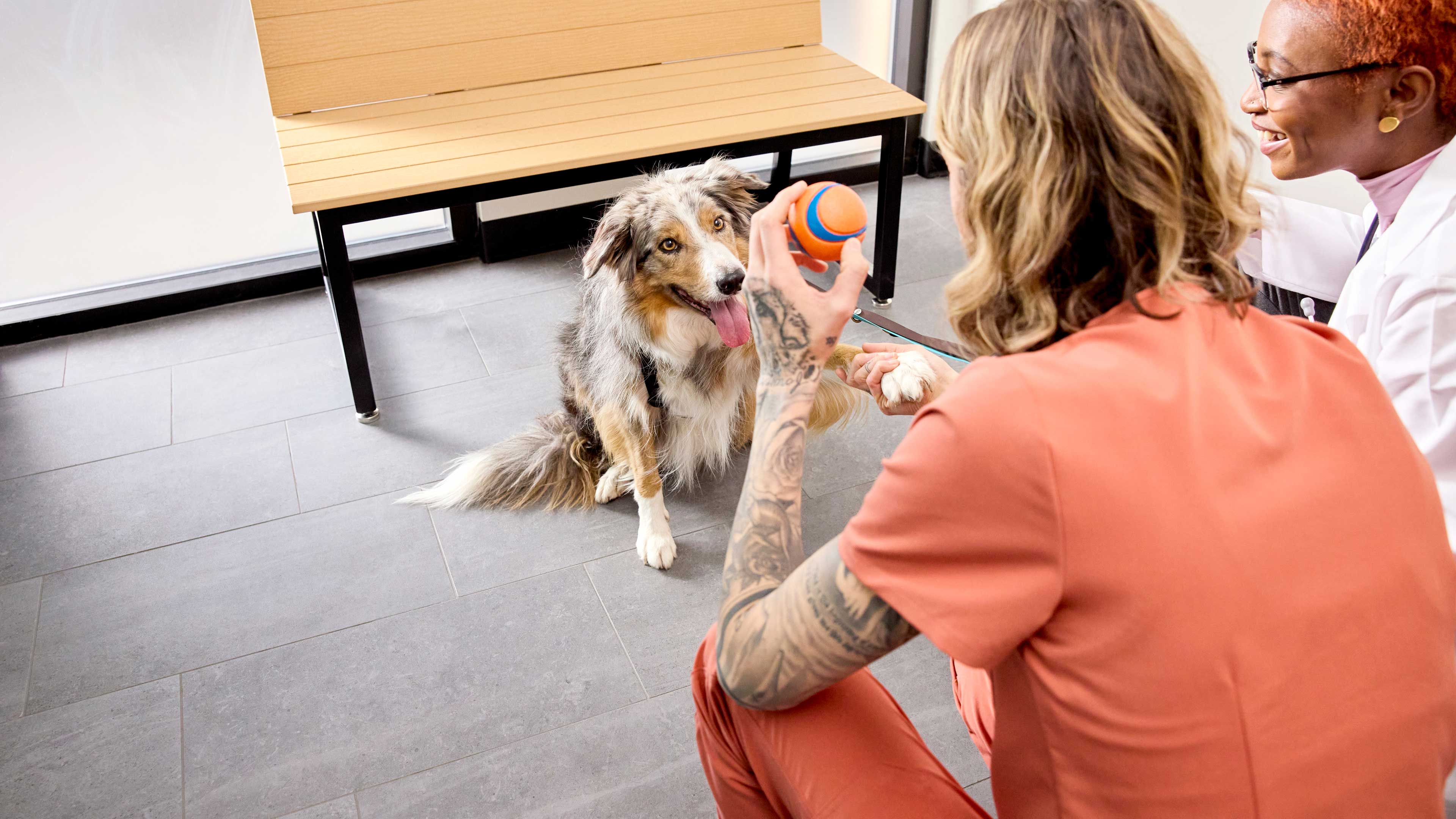esto es lo que debe saber sobre los problemas gastrointestinales en las mascotas
Ya sea un accidente ocasional en el piso de la sala de estar, náuseas a medianoche o algo más serio, los problemas de estomacales son comunes en nuestros amigos peludos. Revisaremos los signos que tiene su mascota de un posible problema estomacal y veremos cómo puede trabajar en conjunto con el veterinario para ayudar. Si es más visual o solo quiere datos rápidos, eche un vistazo a nuestro video a continuación.
¿Cómo sabe si su perro tiene un problema estomacal? ¿Qué hay de su gato?
Los signos frecuentes de problemas estomacales en perros y gatos son disminución del apetito, vómitos y diarrea.
Otros signos (quizás menos obvios) de que su mascota está mal del estómago son los siguientes:
- Pérdida de peso
- Abdomen hinchado
- Letargia
- Mal aliento
- Gases
- Ingesta de heces o hierba
- Pelaje deslucido
- Gusanos en las heces
- Heces con sangre
¿Cuáles son las principales causas de malestar estomacal en perros y gatos?
Hay muchas cosas (¡muchas!) que pueden causar problemas estomacales en perros y gatos. Algunas de las causas más comunes son los premios adicionales, las sobras de la mesa o una nueva dieta. Pero los problemas estomacales también pueden ser causados por parásitos, bacterias y virus que su mascota recoge al explorar el mundo.
¿Qué causa la hinchazón abdominal y la pérdida de apetito en las mascotas?
La hinchazón abdominal puede deberse a varias razones, incluidos ciertos hábitos de alimentación (como comer demasiado rápido o solo comer una vez al día), alergias alimentarias, un peso poco saludable, ansiedad o genética.
Si nota hinchazón en su mascota, llévela al veterinario lo antes posible. A veces, la hinchazón abdominal puede evolucionar a un vólvulo, en el que el estómago se tuerce y requiere cirugía inmediata.
La pérdida de apetito también tiene varias causas, como malestar estomacal leve, ciertos medicamentos, enfermedad dental u otra enfermedad grave.
Si su mascota pesa menos de 10 libras y no tiene interés en comer, llame a su veterinario lo antes posible. Si su mascota pesa más de 10 libras y no tiene interés en comer durante más de 24 horas, programe una cita con su veterinario. Podrá ayudarle a averiguar la causa y el plan de tratamiento adecuado.
¿Cómo diagnostica el veterinario un problema estomacal?
Si su mascota tiene un posible problema estomacal, lo mejor que puede hacer es llevarla al veterinario, quien le hará un examen físico junto con una evaluación de los antecedentes médicos y los síntomas actuales de su mascota.
Con tantas causas posibles de malestar estomacal, el veterinario querrá asegurarse de que el tratamiento aborde la causa correcta. Según los detalles específicos y la gravedad del problema de su mascota, el veterinario realizará pruebas de diagnóstico que pueden incluir análisis fecales, estudios hematológicos o rayos X.
¿Cómo se trata a un perro con problemas estomacales?
El tratamiento para su mascota se basará en lo que se encuentre en el examen físico y las pruebas de diagnóstico. El tratamiento puede incluir antibióticos, antiparasitarios o medicamentos que previenen las náuseas, líquidos intravenosos (IV), hospitalización y, en algunos casos, cirugía.
El veterinario puede incluso derivar a su mascota a un especialista para un cuidado más intensivo, avanzado o nocturno.
Cómo ayudar a mantener la salud digestiva de su perro o gato
¿Se pregunta si la digestión de su mascota es saludable? Sencillamente, visite nuestro blog titulado Todo lo que debe saber sobre la digestión de su mascota (pero no se animaba a preguntar).
Si tiene alguna inquietud, lo mejor que puede hacer por su mascota es llevarla al veterinario. Los problemas digestivos pueden deberse a una serie de cosas, y su veterinario podrá ayudarlo a llegar a la causa subyacente.
Evite tratar a su mascota con remedios caseros, a menos que su veterinario lo autorice. A menudo son ineficaces e incluso pueden ser perjudiciales. Una vez que su veterinario diagnostique los problemas digestivos de su mascota, podrá recomendarle un tratamiento adecuado.
Dieta blanda para perros y gatos
Cuando las mascotas presentan problemas estomacales, un primer paso común es darles una dieta blanda. Su veterinario le hará recomendaciones sobre el mejor plan personalizado para su mascota, incluida la duración del tratamiento, dependiendo de los aspectos específicos de los problemas de salud y de cualquier otro problema que pueda estar enfrentando.
Para obtener más información sobre la hora de las comidas, consulte nuestro blog sobre cuatro formas de mejorar la dieta de su perro.
Consejos rápidos para evitar los problemas estomacales
Desafortunadamente, no siempre puede ver en qué se encuentra su mascota, pero hay algunas cosas que puede hacer para protegerlo de los problemas estomacales.
- Dele siempre a su mascota acceso a agua limpia.
- Evite darle a su mascota comida para humanos.
- Mantenga las plantas y los alimentos tóxicos lejos de su mascota.
- Manténgase al día con las vacunas y la prevención de parásitos de su mascota.
- Sea coherente con el alimento para su mascota; no cambie de marca ni de tipo una vez que encuentre uno que le haga bien.
- La mayoría de las mascotas (especialmente los perros) no necesitan ni buscan un cambio de sabor como las personas.
- Algunos gatos anhelan diferentes sabores y algunos alimentos de alta calidad incluyen diferentes sabores que ayudan a solucionar esto, pero recuerde que un sabor diferente no siempre es lo mismo que un alimento diferente.
- Evite que su mascota beba de arroyos, lagos o estanques.
- Limpie regularmente los tazones de alimento y agua de su mascota con agua caliente.
- Mantenga las latas de basura y los restos de comida fuera del alcance de su mascota.
 Ácaros y sarna
Ácaros y sarna Pódcast: Not Just Fluff
Pódcast: Not Just Fluff
